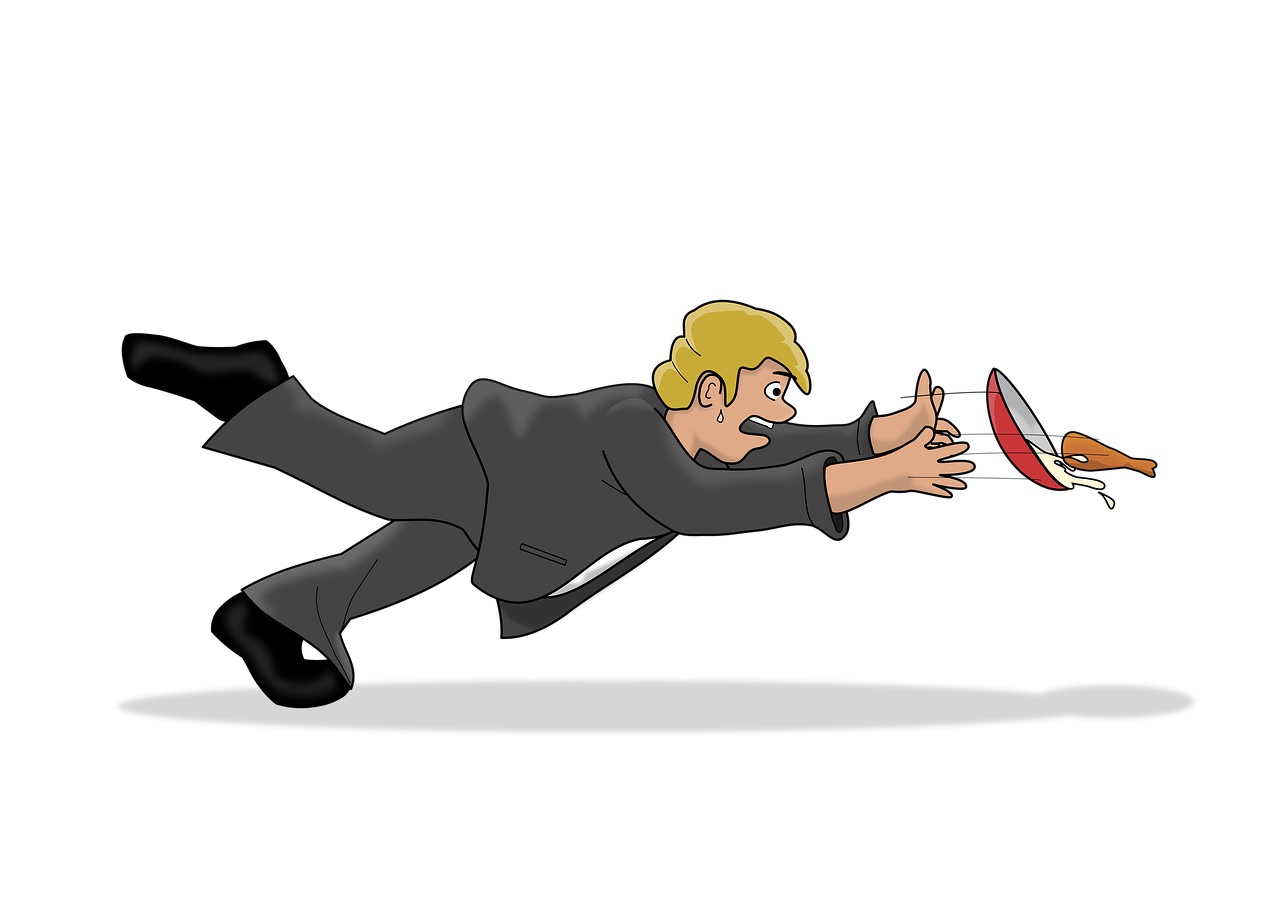
Some of us are not born to be athletic and coordinated like Michael Jordan or Pele. It’s just not in the cards. As a part of this group, I can remember many simple radiology procedural activities challenging me that would make the average resident wonder! Simple things like putting on sterile gloves and coiling interventional wires seemed like rocket science. However, hope springs eternal. And, believe it or not, many strategies exist to allow the klutzy radiology resident to become an expert at performing a procedure. We will discuss these today in this mini procedure manual.
Read Everything You Can About The Procedure
Procedural work is not just about performing manual tasks. It involves significant preparation and planning, both from a hands-on and an intellectual standpoint. Therefore, your role is to know all you can before performing the procedure. Some of the questions you need to be able to answer before any procedure include: What is the reason for the technique? Is it appropriate for the patient? What are all the tools and equipment needed to complete it? How can you avoid complications? And, if a difficulty arises during the test, do you know what you have to do next? And, of course, what are the appropriate ways to manage the patient after you have completed the procedure?
In addition, nowadays, most procedures have an associated “how-to” article or procedure manual in the literature that can help you understand step-by-step how to perform a technique. Not only do you want to read each of these articles, but you also want to live and breathe all the information in it. What do I mean by that? If you can, mentally picture yourself performing the procedure steps before stepping into the interventional suite.
Gather All The Relevant Patient Information
Patient research beforehand can be just as important as the procedure itself. You need to be able to complete the appropriate test for your patient. If not, you can cause additional radiation exposure and potentially irreparable harm.
Therefore, gathering relevant patient information is essential before performing any procedure. What do I mean by that? Here are some of the pertinent questions you want to answer. Does the reason for the technique match the history of the patient? Is the patient able to consent? Are all the appropriate blood tests completed before starting it? Do you know of anything about the patient’s history that would increase the likelihood of complications? And so forth. Ensure that if your attending asks you something about the patient before its performance, you know the answer. It will come back to bite you if you don’t.
Practice Outside The Interventional Suite
As Malcolm Gladwell states in his book Outliers, you need to do something 10,000 hours to become an expert. Therefore, your work mustn’t end after the initial steps. If you have problems coiling a wire, practice the maneuver at off-times at work or home. When you have difficulty putting on sterile gloves the right way, take a pair and practice. If you have problems with suturing, learn needlework. Especially if you are not a member of the athletic/coordinated club, you will need to practice, practice, practice until you get it right!
Volunteer Ad Nauseum
Lastly, you need to develop the qualities of grit and perseverance. When a procedure is available, take the opportunity to participate. Don’t be a wallflower. One of my program directors during my residency repeatedly stated, “Radiology is not a spectator sport!” He was right. Procedural comfort is directly related to the number of times you have completed a procedure. So, go forth and participate as much as possible!
Read This Procedure Manual Again If You Have Doubts!
Everyone has some deficiencies, and we are not born perfect. We need to proceed with hard work and determination to overcome these weaknesses. Procedural skills for the klutzy resident are no different. So go forth and read avidly about procedures, gather the appropriate patient information, practice outside the interventional suite, and volunteer repeatedly. No matter if you are a bit klutzy. You, too, will have the power to master any procedure if you follow these basic guidelines!















